What to do and not to do: Managing investments during unemployment.
There’s nothing scarier than being unemployed for a prolonged period. Managing your money and investments is another key concern.
However, there is no need to worry if you are well-prepared. Overall, global conditions are such that a recession impacts the whole world.
A balanced approach is preparing for the worst by setting aside an emergency fund to manage and sustain your daily living expenses and medical emergencies.
To support your efforts to save smartly and track expenses closely, sign up and use the Koshex platform. Explore all possible alternatives to manage your finances better.
Managing your money during a period of unemployment
When managing your money during a period of unemployment, here are some action points to consider:
- Prepare a cash flow, thoroughly check outflows, curtail all unnecessary expenses, and replace it with urgency/need-based spending. Also, restrict daily expenses to a minimum that you define for yourself and, wherever possible, opt for cheaper alternatives, e.g., public transport, eating out less, etc.
- Try to prepare an alternative income stream at which you are good. First, you can offer free services as a freelancer. Once you build a base, you can monetize it.
- After evaluating all the above options, if you are still unable to manage, you might have to tap your contingency funds. It is recommended to have at least 3 to 6 months or more expenses saved for unexpected events, such as losing your job.
These savings can help cover what government-aided programs don’t and help you meet your living expenses while hunting for your next job. Once you are employed again, you can start saving to make good on this fund.
Manage your finances: What not to do?
During the period of unemployment, it is essential to manage your finances smartly, and here’s what not to do:
- You may be tempted to make early redemptions from your PPF and pension accounts. It’s best to avoid this if possible. These might attract penalties in the form of taxes and can deprive you of compounding benefits. Refraining from disturbing your investments will help them grow and increase, ensuring you’ll have enough money when you retire.
- Suppose you don’t have a contingency fund and might need to dig into other savings. In that case, it makes sense to reduce your risk by encashing on loss-making or other less-generating investments that could keep you afloat for a few months. Before prioritizing which assets to sell, remember you’ll need to pay taxes for these accounts.
- Don’t resort to desperate measures such as lottery, gambling, and trading in stock markets without proper research and awareness.
Conclusion
Be prepared for any eventuality by planning smartly with clear action points. Once you are prepared for the worst-case scenarios, such as a job loss, building a contingency fund can help you smoothly navigate this challenging period. These contingency savings can help you navigate challenging times without tapping into your retirement savings kitty.
The most critical takeaway is to be adequately covered by health, life, and any other general insurance when unemployed to deal with unforeseen contingencies like medical emergencies or loss of assets by theft, natural calamities, etc. By meticulously planning the expenses during job loss, one can maintain their lifestyle without going broke and achieve the desired objective of financial freedom.
Apart from this, it will be wise to avoid risky investments during the unemployment period, remain invested in liquid assets like bank FDs and liquid mutual funds, and have enough funds in savings bank accounts to meet your essential living expenses.
Sign up for the Koshex platform and check the detailed guidelines for managing your finances more securely without hiccups.
Frequently asked questions (FAQs):
1. Should I tap into my emergency funds during the unemployment period?
Ideally, an emergency fund is created to meet an unforeseen event such as the loss of a job, the death of a key earning member of the family, or any other event beyond our control. However, we need to minimize the usage of emergency funds to the extent possible and fill the gap once we return to employment.
2. What should one do if they don’t have a contingency fund and have lost their job?
In this scenario, one might need to tap on other savings, such as liquidating shares or borrowing from family members and friends at a nominal cost. Even while liquidating shares, one needs to encash their riskier or loss-making investments in the order of priority.
Early withdrawals from retirement-based investments like National Pension Scheme (NPS), Public Provident Find (PPF), etc., should be their last resort as it might attract penalties and taxes and cost them their compounding benefits.
3. Should I continue my Mutual Fund SIPs while I am unemployed?
The answer to this may vary on a case-to-case basis; however, it is recommended to scale down or reduce the SIPs if they consume a big chunk of your savings. These savings might be required for emergencies and to meet daily and monthly expenses.
4. Should I continue paying Health and Life insurance premiums while unemployed?
This is the most important commitment one has to continue while unemployed; it is even recommended to take a new Health insurance if the person was previously covered under their employer’s Group Health Insurance scheme.

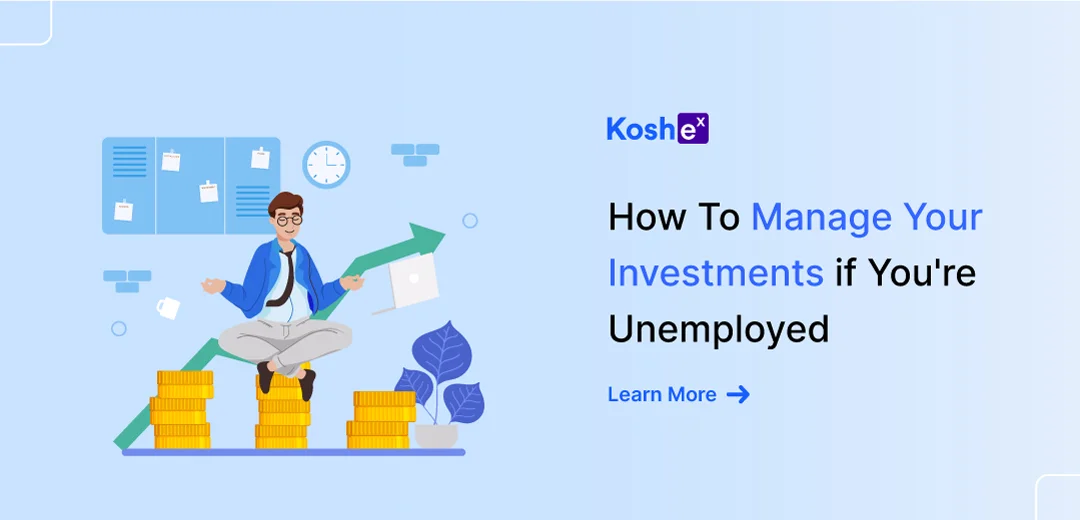
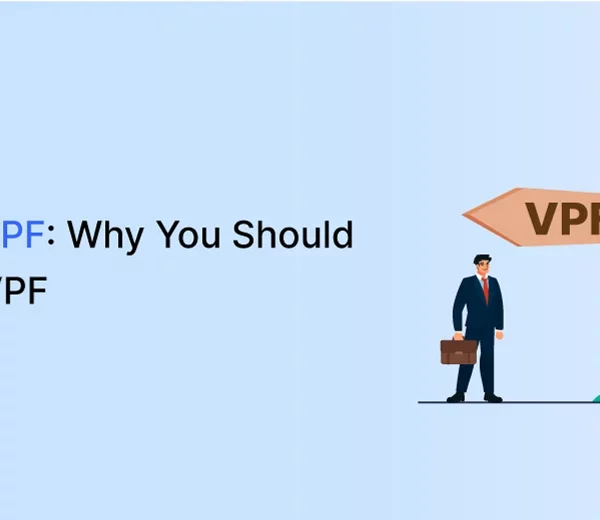
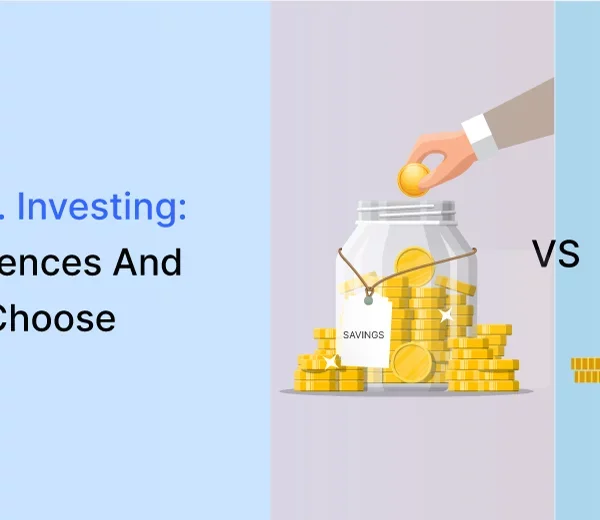
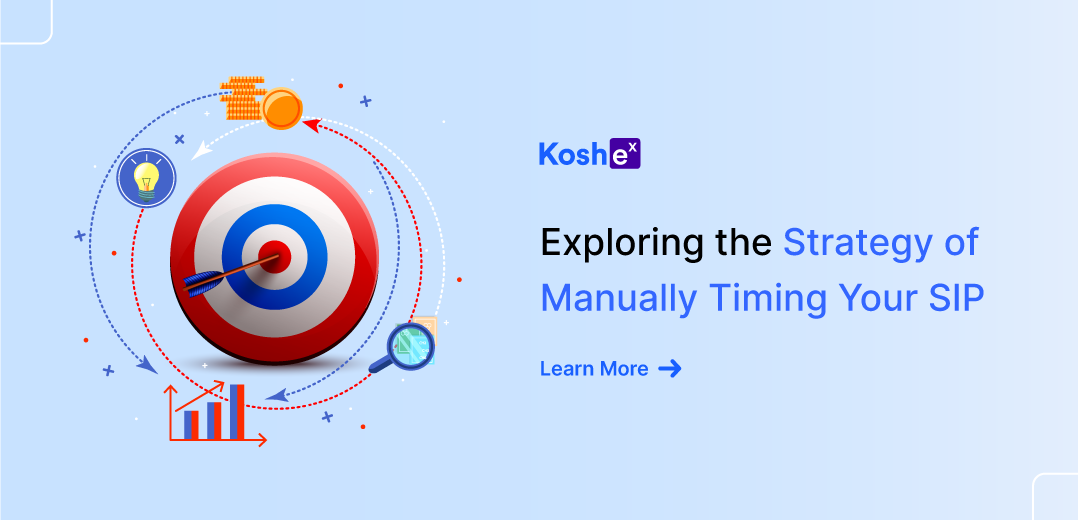

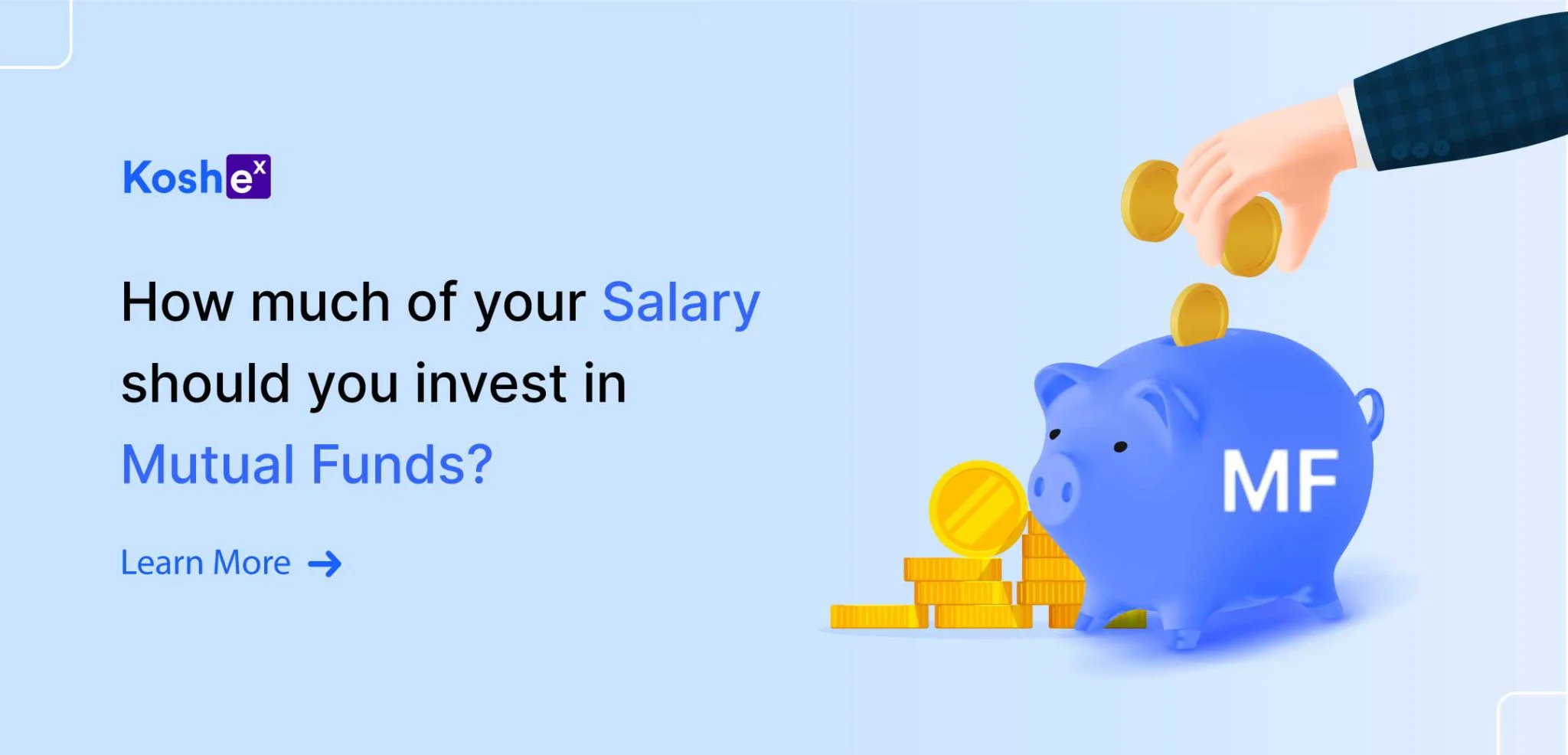


Leave a Comment